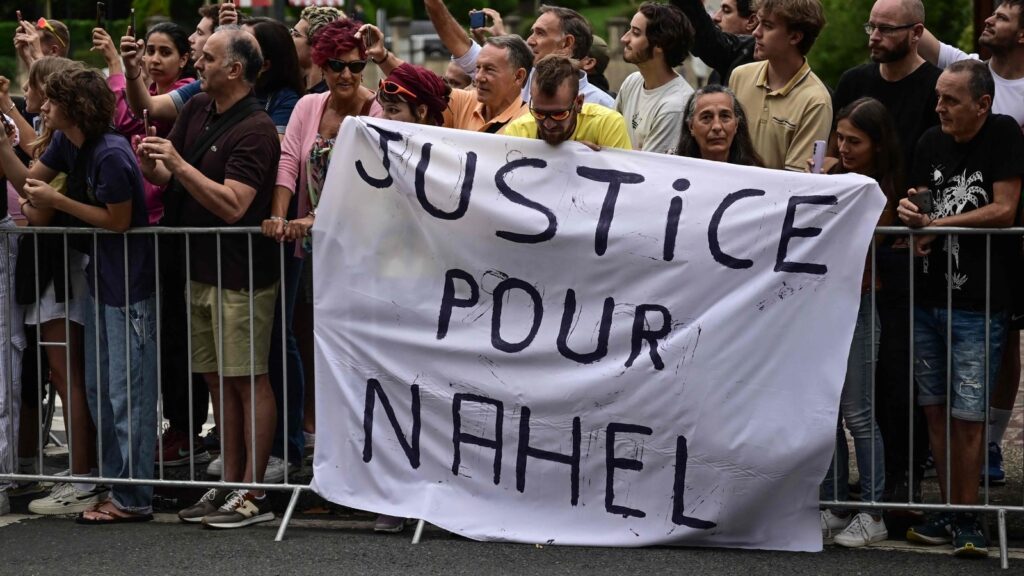The killing of a 17-year-old French boy of Algerian and Moroccan descent by a policeman at a traffic stop in a Paris suburb has lit a fire that has singed the country, leaving in its wake troubling questions about biases and racism, and the French model of assimilation that has left behind a deep sense of disenchantment among sections of its non-White population. From Paris to Marseille and Lille to Lyon, thousands of rampaging protesters have ransacked police stations, looted buildings and commercial establishments, vandalised public property and hurled explosives at authorities. The anger is especially high in the multicultural, multiracial enclaves or banlieues, where complaints of police brutality and State high-handedness are common and old. It represents the toughest challenge to the authority of President Emmanuel Macron whose conciliatory noises have received a feeble response and whose government has struggled to tamp down on mounting tensions.
The violence is condemnable, but it has brought French society to the precipice of a reckoning that goes to the heart of the Republic, and its founding values that sit uneasily with the everyday reality of many of its citizens. The death of Nahel M, and the cellphone footage that recorded the last moments of the 17-year-old’s life, has brought home the ugly truth that citizenship often translates to unequal rights on the ground even though the State may claim to confer equal citizenship to all. That the death acted as a catalyst for long-simmering anger cannot be dismissed as the mere act of hooligans or vandals rejoicing at unleashing anarchy. Democracies across the world are grappling with the problems of police and State brutality, and ensuring justice for all its citizens, but this requires a serious and honest conversation about implicit biases in the functioning of the government. Because the deeper question that the protesters are asking of the State is simply this — What does it mean to be French?

